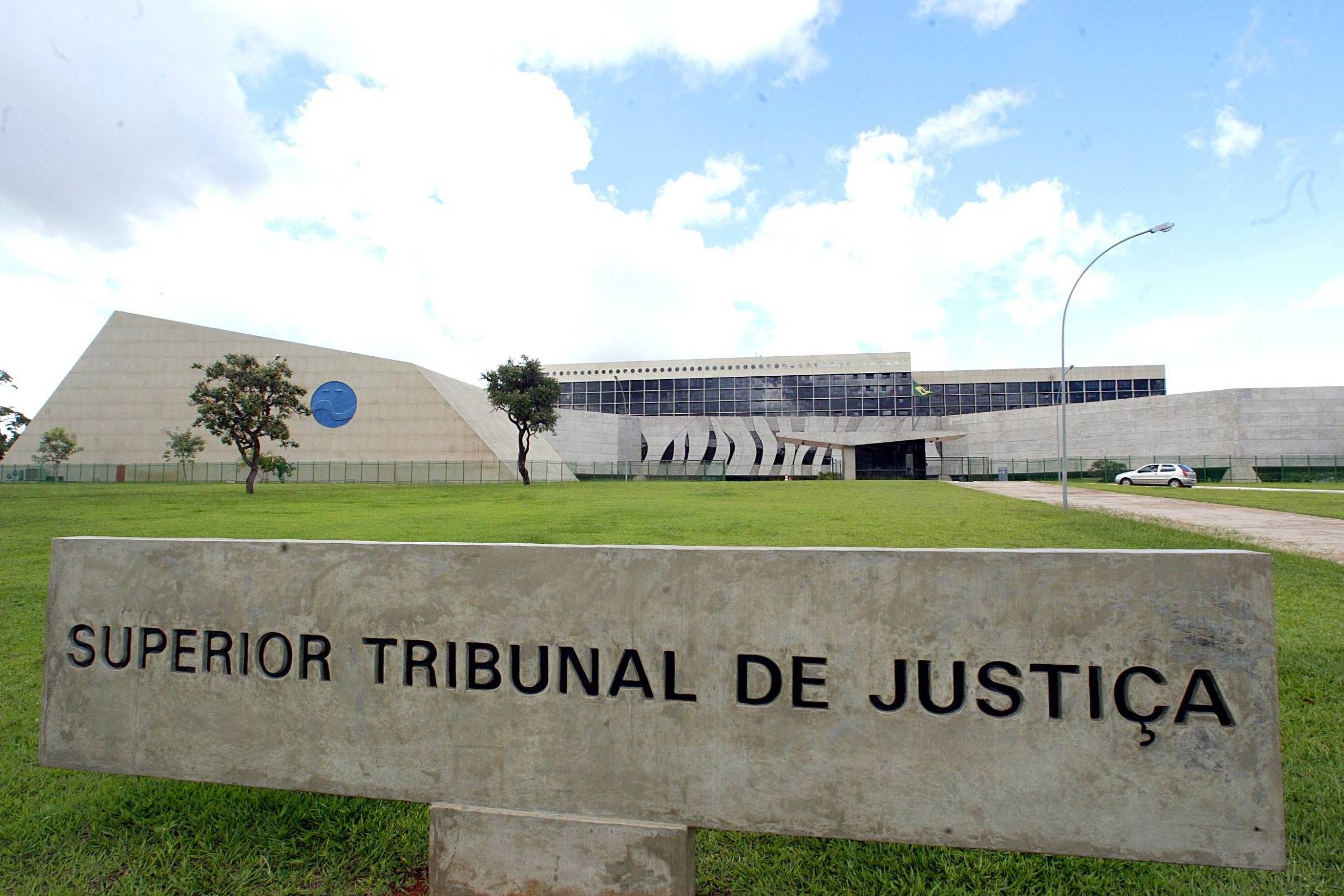STJ: jetons received by ministers do not apply to the ceiling – 05/23/2023 – Power

The second class of the STJ (Superior Court of Justice) decided this Tuesday (23) that the funds received by ministers of State for participating in supervisory or administrative councils in state institutions are not subject to the constitutional remuneration ceiling, currently in R$ 41.65 thousand.
The decision on the retribution known as jetons, however, does not apply to public companies and mixed-capital companies (and their subsidiaries) that receive resources from the public power for the payment of personnel expenses or running costs in general.
According to the STJ, the justices considered that the STF (Federal Supreme Court) had already recognized the constitutionality of the accumulation of ministerial and advisory functions in state-owned companies.
The collegiate also assessed that the jetons are a type of retribution paid for the specific activity of a councilor and are not included in the salary received by the minister in the role of head of portfolio of the Executive.
The rapporteur for the action, Minister Francisco Falcão, considered that the function “undeniably generates an extra workload” and that the ceiling refers to the position of minister and not to another function, such as that of counselor, “whose remuneration does not have a directly public origin “.
“A Minister of State receives, in consideration for the exercise of his office, a subsidy limited to the ceiling. If, in addition, he is also occupying the function, in the broad sense, of counselor, he will receive another amount that does not originate from the public coffers, in return for the activities carried out before the board,” he wrote.
The minister also assessed that state-owned companies have a private legal nature, as well as the amount passed on to counselors. In addition, he stated that the salary ceiling is applicable only to state-owned companies that receive funds from the Union, the States, the Federal District or municipalities for the payment of personnel expenses.
According to Falcão, the opposite understanding would lead to the creation of two different classes of directors: those who did not come from the public administration would normally receive the jetons, while the others would work without pecuniary compensation.
“And there is no mention that such attributions would already be covered by the subsidy, since this refers specifically to the retribution for the exercise of the position of minister of state, not covering extra attributions, such as that of adviser”, he said.
The analysis was carried out in a class action filed in 2012 against 13 people who held ministerial positions at the time, in addition to the Union and 14 public institutions linked to the federal government, such as Petrobras, BNDES (National Bank for Economic and Social Development), the Post Office and the EBC (Empresa Brasileira de Comunicação).
The Court, in the first instance, declared the cumulative receipt of remuneration for the post of minister and jetons to be unconstitutional, for violating the principle of administrative morality and for offending the ceiling of the public sector.
After that, the STF understood that the participation of public servants in boards of directors and supervisory bodies of the state structure does not contradict the prohibition of remunerated accumulation of positions, jobs and public functions. The Supreme Court, however, did not directly address the issue of limiting cumulative receipts to the ceiling.
According to the STJ, even with the decision of the Supreme Court and the departure of ministers of public functions, the parties to the process wanted to continue with the process so that the decision would be valid in future situations.










